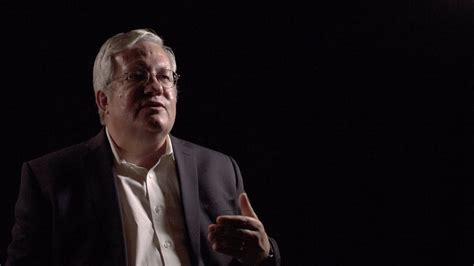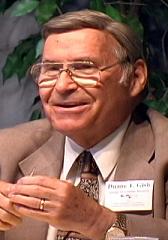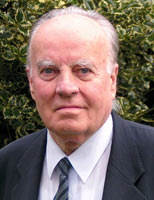A Quote by Jonathan Edwards
The end of the creation is that the creation might glorify [God]. Now what is glorifying God, but a rejoicing at that glory he has displayed?
Related Quotes
Now, which am I to believe, a book that any impostor might make and call the Word of God, or the creation itself which none but an Almighty Power could make? For the Bible says one thing; and the creation says the contrary. The Bible represents God with all the passions of a mortal, and the creation proclaims him with all the attributes of a God.
Significantly, God in Genesis 1 pronounces the rest of creation "good" before humanity is created. The psalmist and the prophets Isaiah, Jeremiah, and Ezekiel can speak of mountains, trees, sun, and moon praising God. Unlike an office complex or gymnasium, which have no value if people do not inhabit them, creation can glorify and bring God delight apart from human presence.
For Calvin, the creation reflects its Creator at every point. Image after images flashed in front of our eyes, as Calvin attempts to convey the multiplicity of ways in which the creation witnesses to its Creator: it is like a visible garment, which the invisible God dons in order to make himself known; it is like a book in which the name on the Creator is written as its author; it is like a theater, in which the glory of God is publicly displayed; it is like a mirror, in which the works and wisdom of God are reflected.
That is what worship is all about. It is the glad shout of praise that arises to God the creator and God the rescuer from the creation that recognizes its maker, the creation that acknowledges the triumph of Jesus the Lamb. That is the worship that is going on in heaven, in God's dimension, all the time. The question we ought to be asking is how best we might join in.
Creation is thus God's presence in creatures. The Greek Orthodox theologian Philip Sherrard has written that "Creation is nothing less than the manifestation of God's hidden Being." This means that we and all other creatures live by a sanctity that is inexpressibly intimate, for to every creature, the gift of life is a portion of the breath and spirit of God. (pg. 308, Christianity and the Survival of Creation)
Why waste words? Geometry existed before the Creation, is co-eternal with the mind of God, is God himself (what exists in God that is not God himself?): geometry provided God with a model for the Creation and was implanted into man, together with God's own likeness - and not merely conveyed to his mind through the eyes.
All the different ways God has chosen to display his glory in creation and redemption seem to reach their culmination in the praises of his redeemed people. God governs the world with glory precisely that he might be admired, marvelled at, exalted and praised. The climax of his happiness is the delight he takes in the echoes of his excellence in the praises of the saints.
We do not know how God created, what processes He used, for God used processes which are not now operating anywhere in the natural universe. This is why we refer to divine creation as special creation. We cannot discover by scientific investigations anything about the creative processes used by God.
When we read about Creation in Genesis, we run the risk of imagining God was a magician, with a magic wand able to do everything. But that is not so. God is not a demiurge [demigod] or a magician, but the Creator who gives being to all entities. Evolution in nature is not opposed to the notion of Creation, because evolution presupposes the creation of beings that evolve.
The motive is this, 'Oh! that God could be glorified, that Jesus might see the reward of his sufferings! Oh! that sinners might be saved, so that God might have new tongues to praise him, new hearts to love him! Oh! that sin were put an end to, that the holiness, righteousness, mercy, and power of God might be magnifi ed!' This is the way to pray; when thy prayers seek God's glory, it is God's glory to answer thy prayers.


































